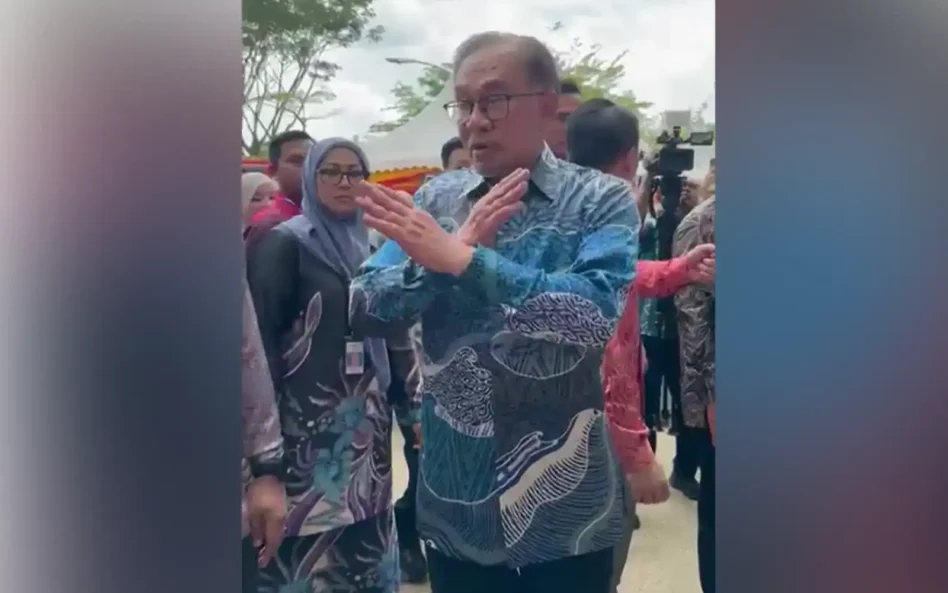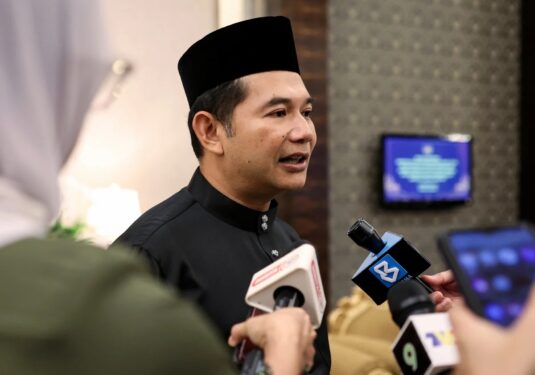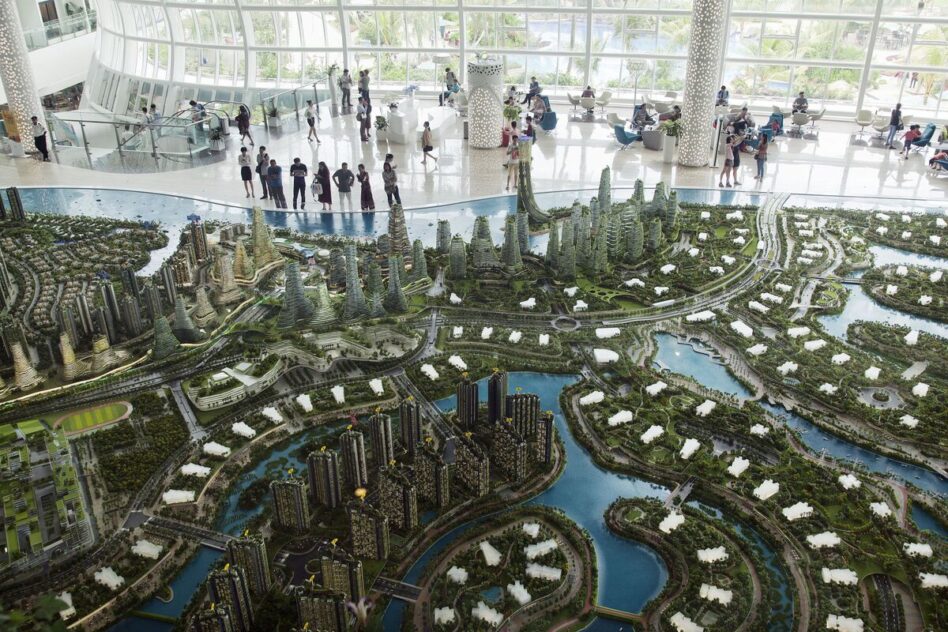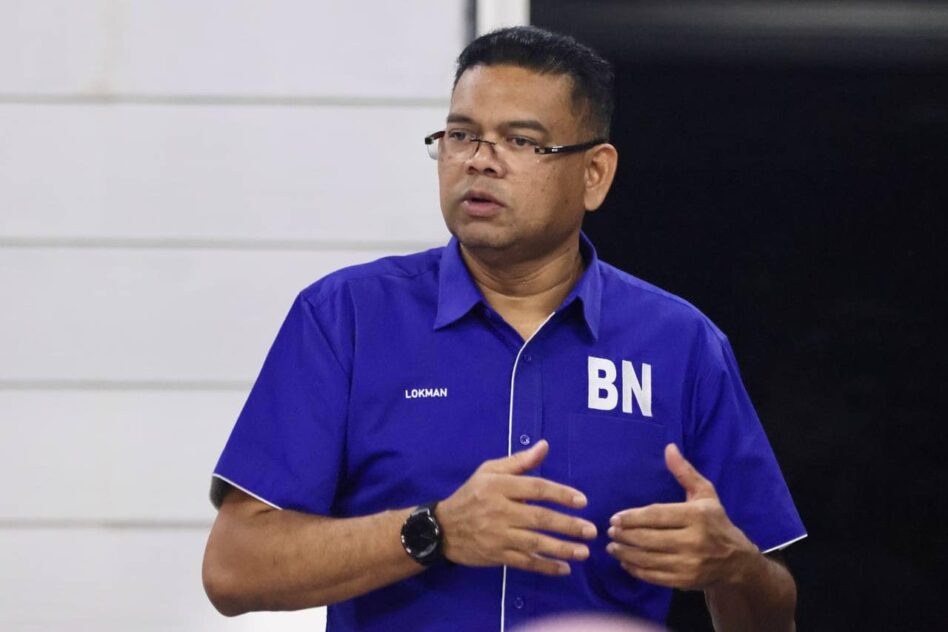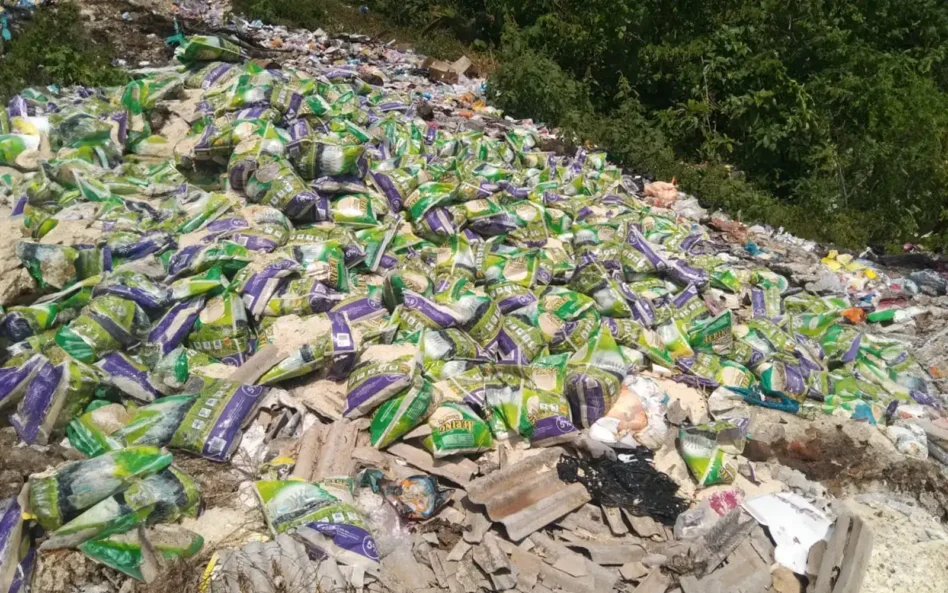By Liow Cai Tung
MALAYSIA’S tourism sector is in dire need of help. The first movement control order (MCO) in introduced in March 2020, a suppressive strategy employed in response to the COVID-19 pandemic that constrained the mobility of our populace, delivered a huge blow to Malaysia’s tourism industry.
Malaysian Association of Tour and Travel Agents (MATTA) estimated the total loss from the tourism industry in 2020 to exceed RM100 bil.
With the second MCO currently underway, things will slip from bad to worse.
Effectively, the tourism industry and stakeholders such as hotel owners, workers, both in-bound and out-bound tour guides, airline crew, and tour bus operators, are left vulnerable if this conditions continue to drag on. Millions are on the verge of losing jobs and livelihoods, facing immense difficulties to put food on their table.
Given the magnitude of this problem and its repercussions, the Government must not sit back and do nothing. Instead, it must act strategically to ensure that any revival of the tourism sector would be sustainable and would not incur any unintended public health consequences.
In this regard, Minister of Tourism Datuk Nancy Shukri claimed that a Reciprocal Green Lane/Travel Corridor Arrangement (RGL/TCA) between Malaysia and Indonesia would revitalise the tourism sector.
In my opinion, however, with COVID-19 high caseload in Indonesia, a safe green lane is not realistic. It will be a logistical nightmare to contain any outbreak without a sufficient and effective testing, tracing, tracking and isolating procedures in place.
For comparison, even a green lane with Singapore, where many Malaysians reside, is deemed difficult to implement due to a spike in COVID-19 cases in Malaysia. Rather, it would be more realistic for us to plan strategically for domestic travel now as it is an issue that we need to deal with in the shorter term.
For this aspect, I am disappointed that both the Federal Government and the Johor state government have not done much strategic thinking for the tourism sector, which is an important source of employment for many.
I urge the Governments to be more thoughtful and be realistic in thinking of how to let our domestic industry survive and revive first.
There is no running away from the reality that the pandemic has totally upended the way we conduct businesses and interactions. Any rejuvenation has to take into account this new normal as well. It is incumbent upon them to acknowledge and accept these considerations and try their best to help those stakeholders involved.
First, we have to live with COVID-19. The governments must be honest with those involved that even with a successful vaccine rollout programme, which the Government says would take 18 months to inoculate 70% of the population, some forms of normalcy in tourism may only return after mid-2022, if not later.
Second, even after mid-2022, international travels around the world may be less frequent than pre-2020 for quite a long time. In the next two to five years to come, we will anticipate less mass international tourism.
Third, less Malaysians will go overseas for travelling but may travel a lot more domestically in Malaysia.
Fourth, we have to accept that more people are now accustomed to online meetings and therefore tourists coming for international conferences and conventions will not return to the pre-2020 numbers for a long time.
Fifth, jobs won’t return in full strength to pre-2020 in tour guides, hotels and aviation for some years as international traveling is reduced.
These scenarios are important for strategic thinking for the tourism sector. Hence, the governments must not rest on their laurels.
The Federal Government and Johor state government should identify short-to-mid-term priorities and plan to “Build Back Better”. From now to mid-2022, the governments should invest in the following:
- Employ hotel crew, flight crew, airport crew and tour guides on contract basis to help fight COVID-19. They are experienced in handling logistics and people management. Instead of giving small one time token sums of a few hundred as financial aids, the Government should act proactively to employ them to do back-end support for the heavily loaded health sector such as contact tracing of COVID-19, prioritising cases for quarantine centre and etc.
- Training programmes with scholarships/stipends for tour guides and those in the broader tourism sectors to improve their language skills, knowledge about tourism destinations, service skills etc so that when businesses return, these workers will have already acquired better skills to meet a smaller international tourist crowd but each prepare to spend more if we can upgrade the general level of services and experiences.
- Tourist destinations sites owned and managed by the government should be upgraded during this “downtime” caused by COVID-19, which probably will only see some conclusions in mid-2022. The investments by the Government can create employment.
- There is a need for the Government to provide strategic thinking for the sector by providing soft loan or loan guarantees under CGC to help tourist destinations and site owners such as Zoo Negara to tide over till “reopening” post mid-2022.
The recovery of Malaysia’s tourism sector should be dealt with methodically. Why talk about flying when we can’t even walk or run?
The immediate focus of the Government should be to tell our tourism industry players what to expect in the next 18 months, ways to help them to survive and how to restart business post pandemic. – Feb 20, 2021
Liow Cai Tung is the ADUN of Johor Jaya and the former chairman of Johor State Tourism, Women Development, Family and Community Committee
The views expressed are solely of the author and do not necessarily reflect those of Focus Malaysia.



